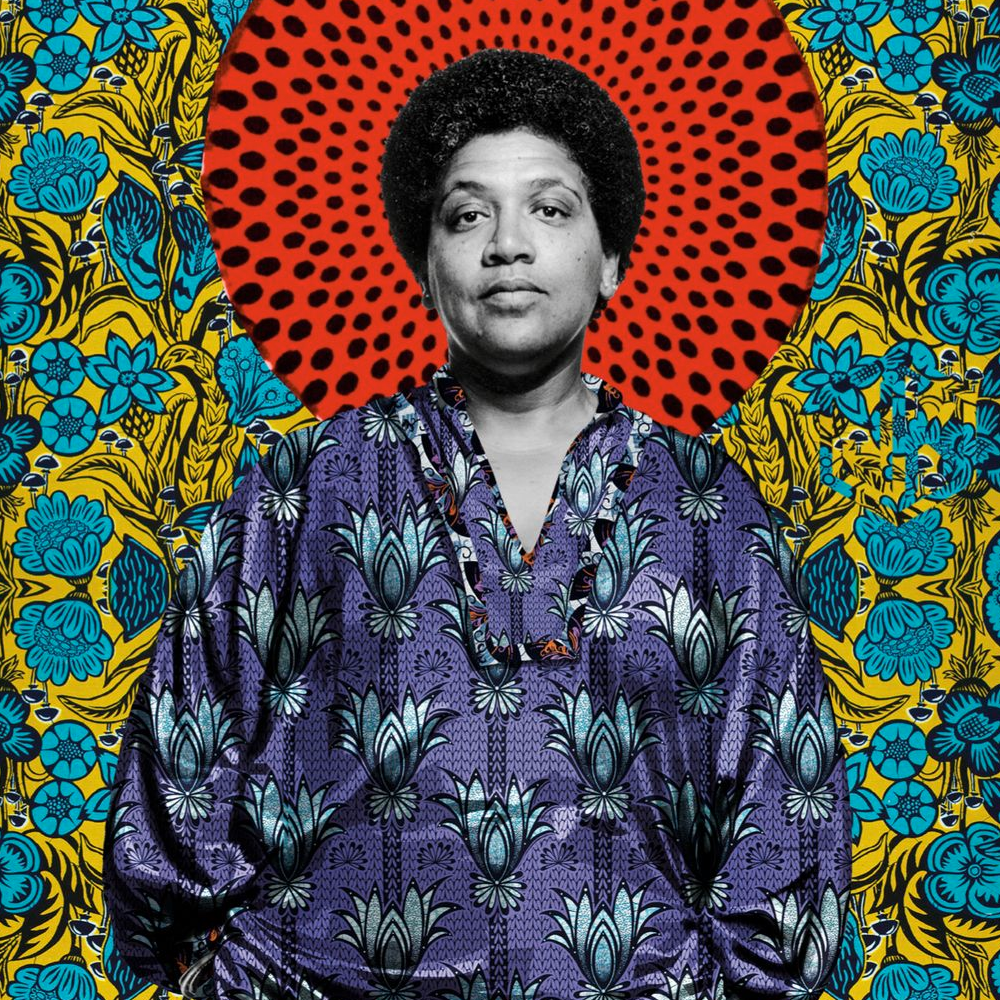Audre Lorde (1934-1992) was a poet and academic who dedicated her life and work to confronting injustices of race, gender, and class. She was a self-described “Black lesbian feminist socialist mother of two, including one boy, and a member of an interracial couple”.
Lorde was raised in New York City by West Indian immigrant parents, and pursued a bachelor and master’s degree in Library Sciences. Lorde spent much of her life as a librarian in the New York public school system, before teaching as a poet-in-residence at Tougaloo College, a historically Black institution in Mississippi. From 1962 to 1970, Lorde was married a white, gay man with whom she had two children. It was not until 1972 that Lorde met the woman she would spend the final years of her life with.
The poet’s life was cut short when she died from cancer at the age of 58, but her poetry and academic contribution to intersectional feminist and critical race theory left behind a legacy which would long outlive her.
In reference to her work, Lorde said, “I have a duty. To speak the truth as I see it and to share not just my triumphs, not just the things that felt good, but the pain, the intense, often unmitigating pain.”
Her commitment to authentic feeling, in pursuit of freedom and in spite of pain, made her poetry raw and visceral; familiar to those whose lives have been marked by tragedy. Through this style, her poetry draws upon an ancient wisdom which expects recognition and demands reconciliation. Her poetry is not merely something to consume and discard, but rather, she emphasizes the relationship between feeling and language, language and action.
In her life and in her work Lorde dedicated herself to authenticity. Her literature has inspired countless women to pursue authenticity in themselves and she has continued to teach the relationships between feelings, language, and action well after her death. Reading her work, and thus continuing her legacy, is a worthwhile way to celebrate Women’s History Month.

